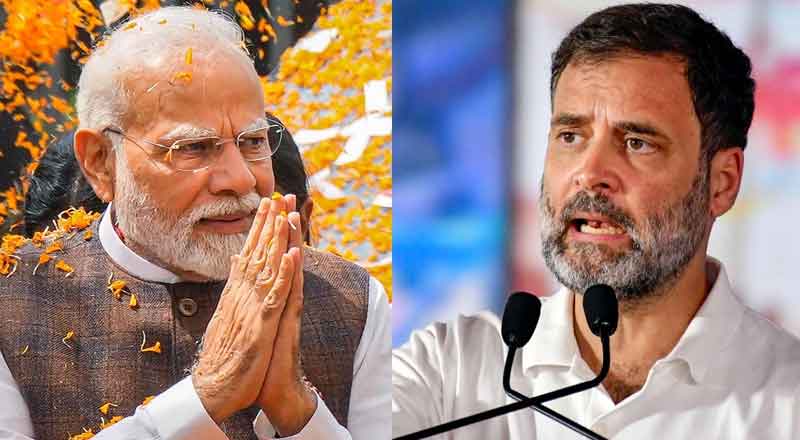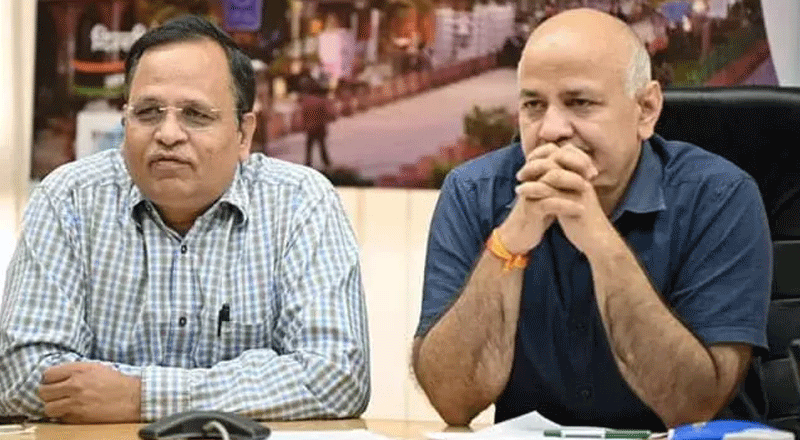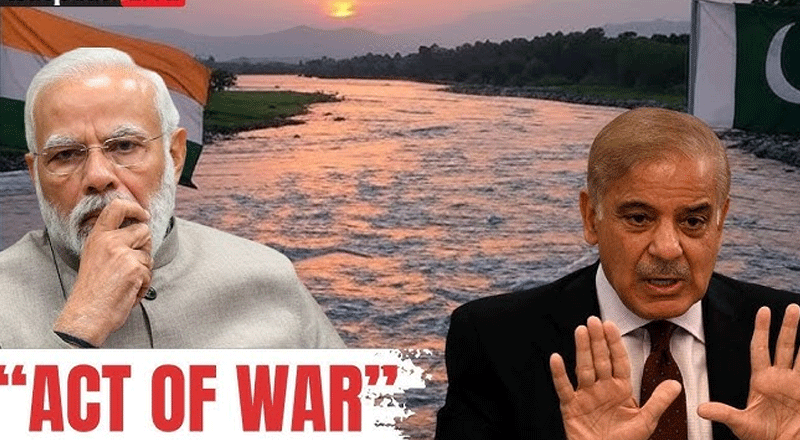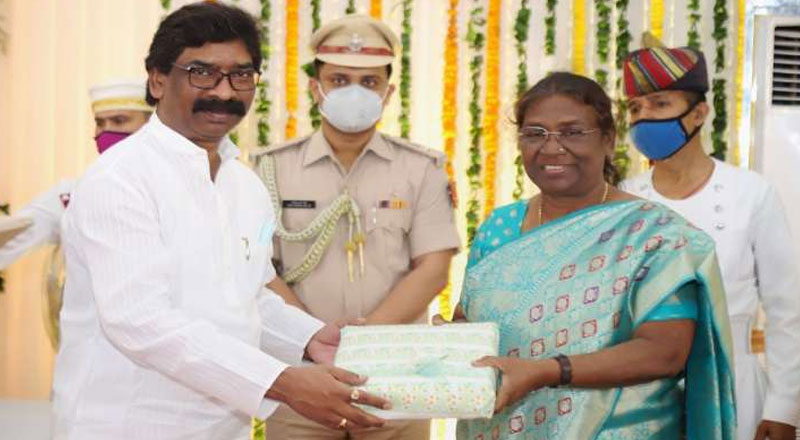- The ECI has taken resolute steps to address alleged violations of the Model Code of Conduct (MCC) by most prominent political figures: PM Modi and Congress leader Rahul Gandhi.
- By directing notices to both the BJP and the INC, the commission has initiated a process that could have far-reaching implications for the conduct of future elections in the country.
- Accusations of inciting division along religious, caste, community, or linguistic lines have been levelled against both PM Modi and Rahul Gandhi, prompting the ECI to seek explanations from their respective party leaders.
- The ECI’s emphasis on the accountability of political parties for the behavior of their candidates, particularly high-profile campaigners.
- The BJP’s complaint against Rahul Gandhi, accusing him of distorting poverty statistics and perpetuating regional divides, underscores the heightened political tensions surrounding the election campaign.
- Similarly, the Congress’s appeal to the ECI for action against PM Modi highlights the intense scrutiny under which political leaders operate during this critical period.
In a watershed moment for electoral oversight, the Election Commission of India (ECI) has taken resolute steps to address alleged violations of the Model Code of Conduct (MCC) by two of the nation’s most prominent political figures: Prime Minister Narendra Modi and Congress leader Rahul Gandhi. The commission’s action underscores its commitment to upholding the sanctity of the democratic process and ensuring that electoral campaigns are conducted with integrity and fairness.
The ECI’s decision to invoke Section 77 of the Representation of the People Act represents a significant departure from past practices, signalling a proactive approach to holding political leaders accountable for their actions during election campaigns. By directing notices to both the Bharatiya Janata Party (BJP) and the Indian National Congress (INC), the commission has initiated a process that could have far-reaching implications for the conduct of future elections in the country.
Accusations of inciting division along religious, caste, community, or linguistic lines have been levelled against both PM Modi and Rahul Gandhi, prompting the ECI to seek explanations from their respective party leaders. The notices issued to BJP President JP Nadda and INC President Mallikarjuna Kharge mark the beginning of a thorough investigation into the alleged MCC violations, with responses expected by 11 a.m. on April 29th.
The ECI’s emphasis on the accountability of political parties for the behavior of their candidates, particularly high-profile campaigners, reflects a recognition of the influential role that party leaders play in shaping public discourse during election season. Campaign speeches delivered by senior officials have been singled out for their potential to sway voter sentiment and influence electoral outcomes, making it imperative for parties to exercise greater control over the messaging of their leaders.
The BJP’s complaint against Rahul Gandhi, accusing him of distorting poverty statistics and perpetuating regional divides, underscores the heightened political tensions surrounding the election campaign. Similarly, the Congress’s appeal to the ECI for action against PM Modi highlights the intense scrutiny under which political leaders operate during this critical period.
As India navigates through the various phases of the Lok Sabha elections, with results slated for announcement on June 4th, the ECI’s proactive stance serves as a bulwark against electoral malpractice and manipulation. By enforcing the principles of transparency and accountability, the commission seeks to reaffirm public trust in the electoral process and uphold the democratic values enshrined in the nation’s constitution.
(With inputs from agencies)





